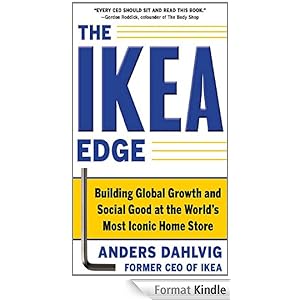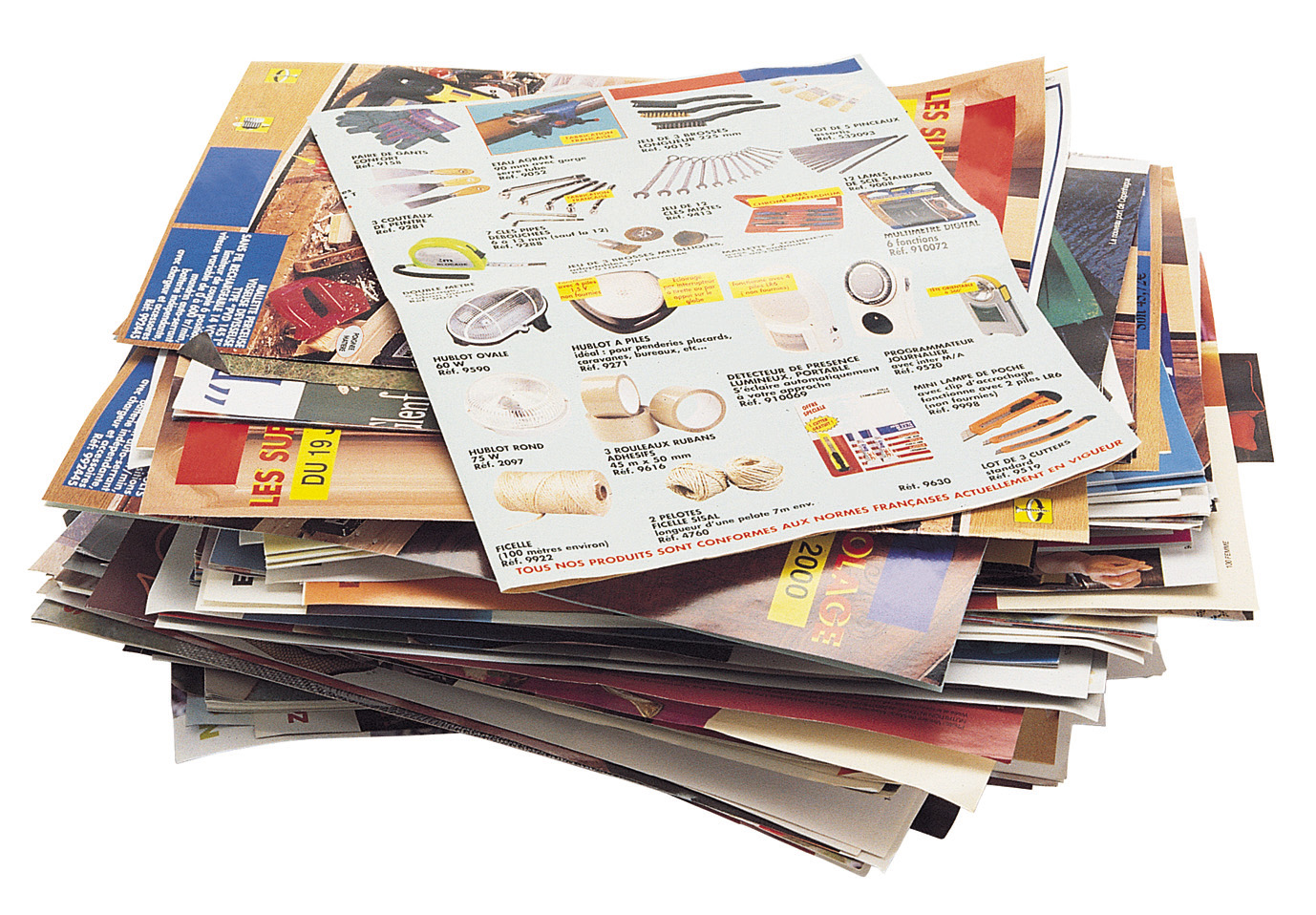I want to thank my friend @ppc to have highlighted for me an interesting article that I actually read through, but with not much intention. As a lover of customer relationship management and retail, I have always believed that humans (the sales representative, or even the person in the call center) are the best medium for CRM, and that the point of sales is the best place to deliver great customer experience.
Now that E commerce has sprung up and has took a significant part of the overal business, traditionnal stores are struggling. Indeed, a lot of businesses are seeing their operational results going in limbo, with higher costs and lower sales.
But there are a lot of challenges in order to get back on track:
- Reset the wedges in order to get its human resources for customer service rather than operationnal tasks. This is the reason why you see more and more automatic cash register, RFID technologies to manage inventory, and so on... Also, a lot of company, like Carrefour, have decided to lower their headquarters number of employees in order to redeploy people in store.
- Find new ways to advice customers, based on new technologies, like augmented reality, or the use of tablets, and have more product demonstrations.
- And also, to me the most important: Find a new way to evaluate store economical performance. Indeed, ubiquity and showrooming implies that customers may purchase at your company their products, but maybe not in your point of sales (they may finish up their order at home online). And by having the bad economical index, you are condamning your stores to fight against your Internet website, which is counterproductive. The Internet website of a banner is successful thanks to the job of the store network, and hence, it is important to see the big pictures, and to incentive the point of sales maybe not to the sales it does compared to N-1, but to the level of service it provided, the sales on the Internet website the region did, or something like that.
I think the last point is the most important. We are experiencing major changes in shopper behaviors, and the way retailers envision its index of performance will have an impact on the way the stores can contribute to the whole sales of the banner.


